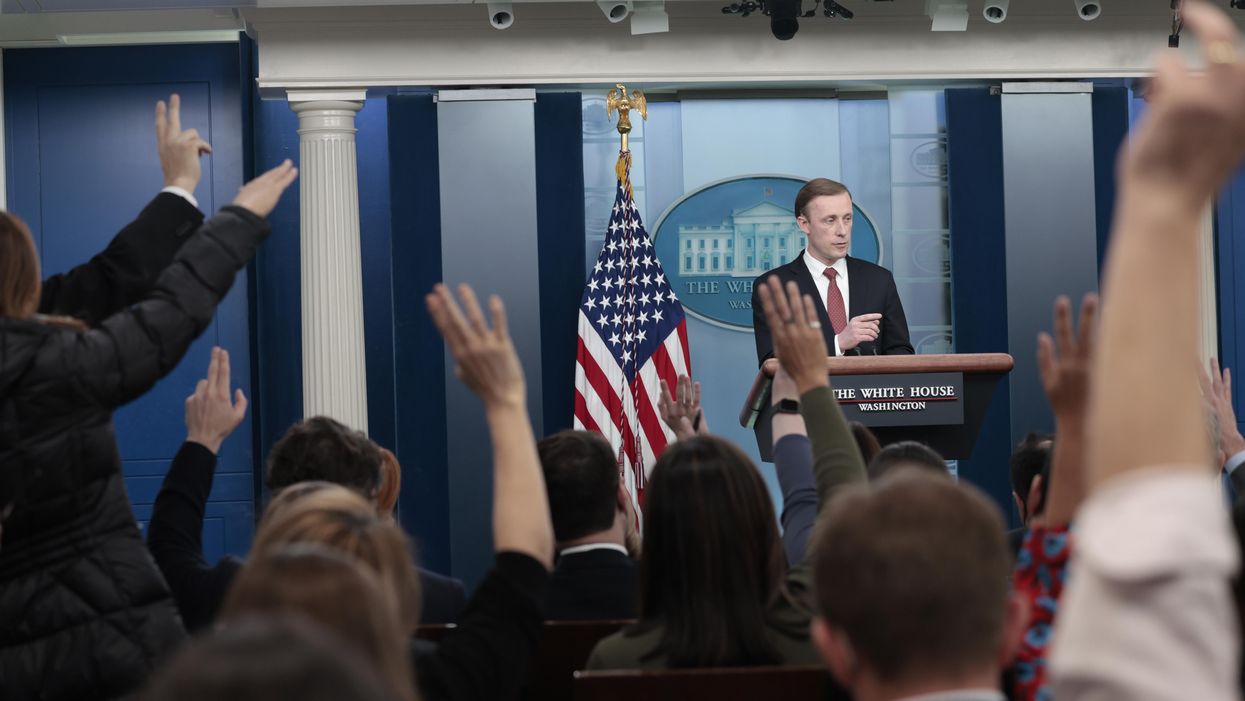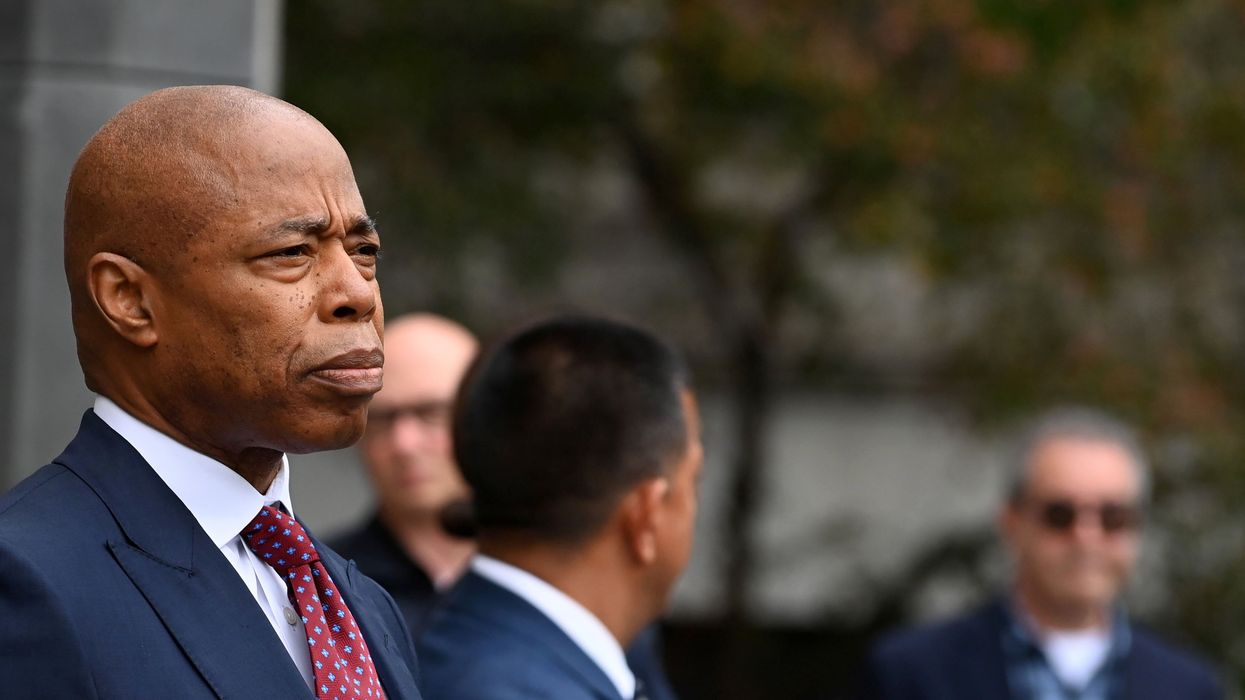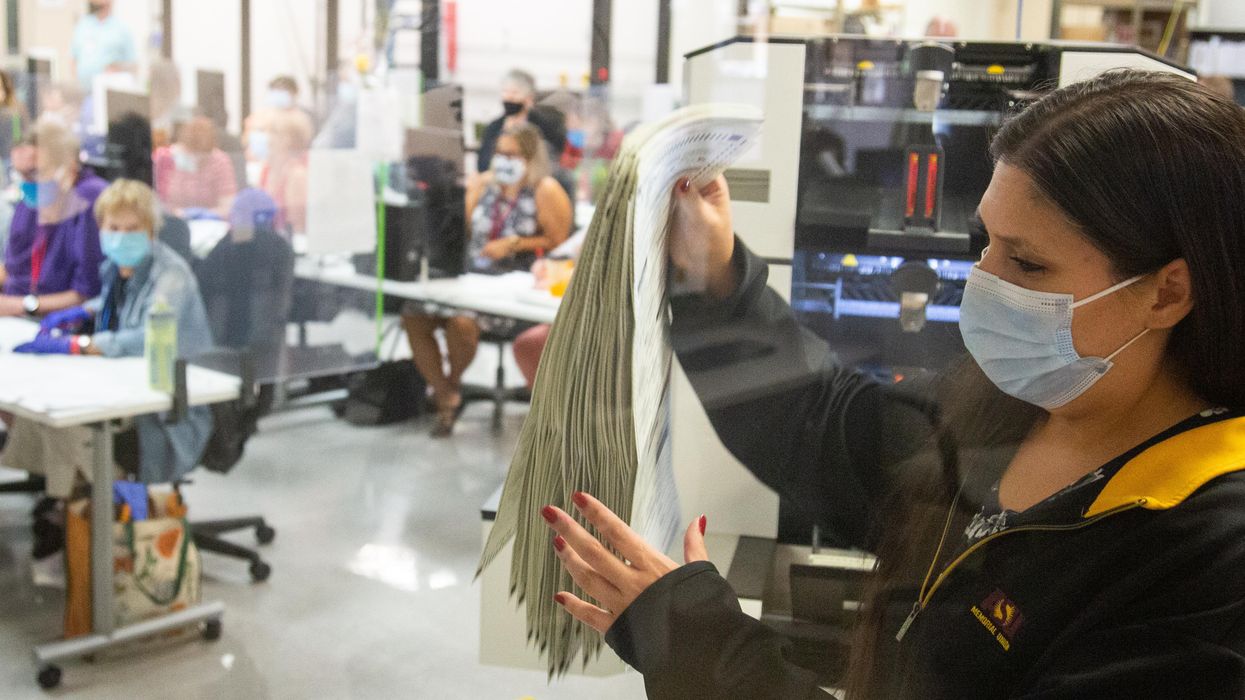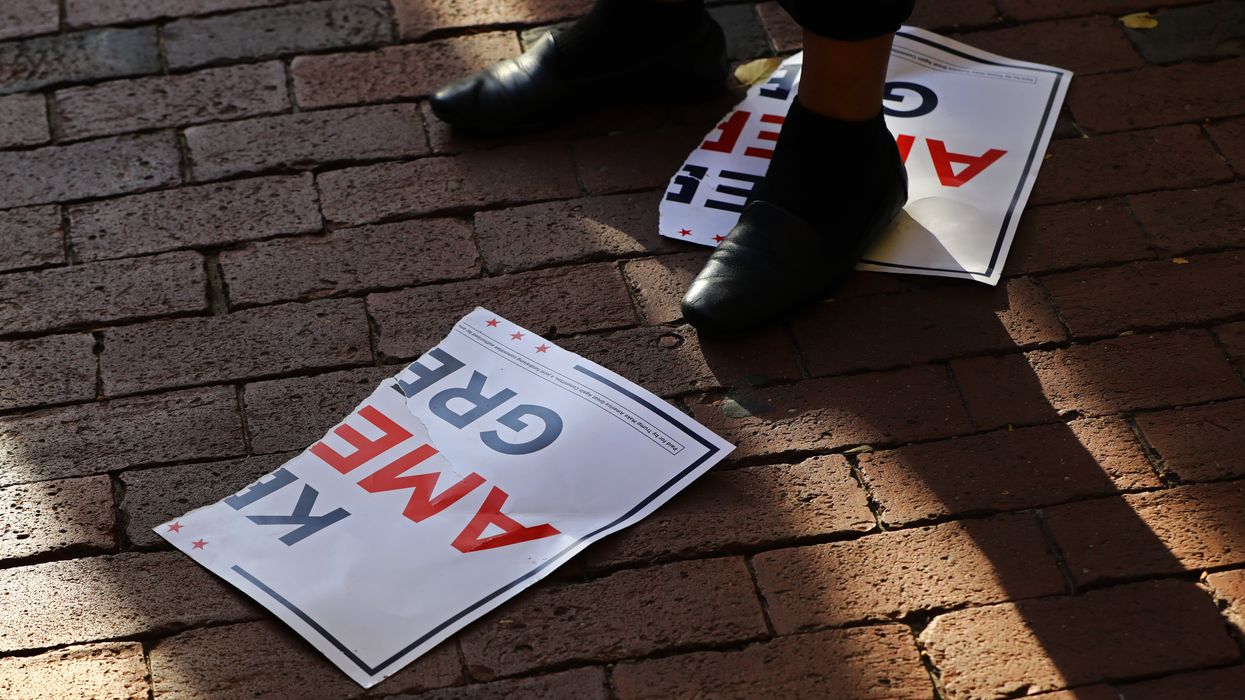In the weeks before Russia invaded Ukraine, President Biden and U.S. national security officials provided the public with a running stream of intelligence of the sort that is usually classified. The administration announced that Russian President Vladimir Putin was assembling troops along the eastern border of Ukraine and provided pictures of that buildup. Russia had a “kill list,” with plans to detain or kill Ukraine President Volodymyr Zelenskyy and other prominent Ukrainians. Biden said that Russia was going to invade Ukraine “ in the coming days.”
The Conversation U.S. asked international relations scholar Stephen Long at the University of Richmond to analyze why the U.S. government made the choice to do this and what effect it had.
Are these disclosures of very specific material by the government unusual?
A fascinating set of events played out in the runup to this war. There was the national security adviser of the United States, Jake Sullivan, going out in front of the cameras and revealing intelligence that must have come from the highest sources that the U.S. has, not just inside of Ukraine, but inside of Russia, and making this information public in a way that is unprecedented.
That really made this war one of the most clearly and completely anticipated conflicts that the world has seen in this century.
It’s unprecedented for good old-fashioned reasons of the intelligence trade: You don’t want to endanger or reveal your secret sources of information.
If you have good sources, especially within a highly repressive regime, those sources are pure gold to you. The last thing that you want to do is reveal information that could make it easier for that regime to identify them. Even just a few pieces of leaked intelligence could be sufficient, because they could allow the government to identify meetings in which a certain person was present, or a certain set of people was present, and they can then narrow down their list of suspects.
What information did the government give the public?
U.S. officials gave very detailed descriptions of the building up of Russian troops. They described the types of weapons that were being assembled in advance of an invasion. I recall one instance in which Putin had claimed that this buildup was all in support of the planned military exercises with Belarus. That’s when the U.S. revealed it had evidence of blood supplies being moved to the temporary encampments of Russian troops, and asked why they would need supplies of blood on the premises to back up military exercises.
There was a pattern to the pronouncements: Almost right away after Putin said something about his intentions, the U.S. revealed something that showed he was lying. Nina Jankowicz, an information warfare scholar, has referred to this technique as “ prebunking.”
For example, the U.S. made public information about Russia’s plans to frame the Ukrainians for launching attacks across the Russian border – what are known as “ false flag ” events. The U.S. revealed the Russians were planning to do this before the Russians actually did it – and that, I think, prevented Russia from using such a trumped-up attack as a pretext to invade Ukraine.
Was this strategy something new for US intelligence?
It was extremely clever and very new. And it was risky in the sense that, of course, Putin could have changed direction at the last minute and withdrawn all of these troops. So there was the possibility that the revealed information would appear to be incorrect after the fact. But the greatest risk, of course, was to the sources.
Why would they take that risk?
Why would an intelligence agency be willing to endanger highly placed sources, perhaps even within the Russian regime or in its military? My intuition, although I don’t have any hard facts about it, is simply that first, you had very brave sources, who were genuinely trying to prevent an unnecessary war. In my view, those sources were trying to prevent their young soldiers from being sent across the border to do something unnecessary for Russian security. I would also say that the U.S. intelligence community judged that the importance of preventing this war was greater than any loss of potential avenues for it to receive good intelligence.
What do you think accounts for this change in strategy about revealing intelligence?
There was a lot of skepticism in European circles about whether Putin would actually follow through on an invasion of Ukraine. I would guess that the change in strategy was, in part, an attempt to bring European countries on board with the U.S. perception of the seriousness of the threat from Russia.
Revealing this information made clear what Putin’s intentions were and made Putin’s lies transparent. It showed that even once he’d been called out for lies, he would continue to act aggressively and that he was dead set on his objectives, no matter how much condemnation he received.
I think that that helped change opinions in Europe about the seriousness of the threat Putin posed. The results were more rapid and unified sanctions, including some that came with costs to European states. I don’t think that this would have happened as easily and as quickly had it not been for that preparatory work to show exactly how far Putin was willing to go. That was really a smart play, and it definitely paid off politically, even though the invasion went forward.
There was also a lot of analysis by the public gleaned from social media during the lead-up to the war. How did that affect the perception of this intelligence?
What is called open-source intelligence, or OSINT, has helped bolster the credibility of the claims made by American officials. And a lot of the open-source information is coming from local sources in Ukraine and even local sources in Russia itself.
There’s some cross-verification there between what the U.S. government is telling the world and what the world can see easily on Twitter and other social media, from people who are on the ground in the place where the conflict is happening.
Of course, there’s a risk of misinformation, and we’ve seen instances where old footage has been posted as if it’s new.
Will there be more of this intelligence sharing with the public?
It’s a new tool that I think we can expect to see used more frequently in the future, in instances in which the government can release specific, detailed information that demonstrates that an aggressive leader like Putin is lying. Not just broad claims that we have intelligence that shows that he’s not telling the truth, but sharing the actual intelligence with people in a way that makes it clear that it’s not just U.S. officials’ judgment or opinion. Instead, these disclosures can demonstrate that the facts simply do not align with what the person is saying and they are lying.
This article is republished from The Conversation under a Creative Commons license. Click here to read the original article.
![]()



















Why does the Trump family always get a pass?